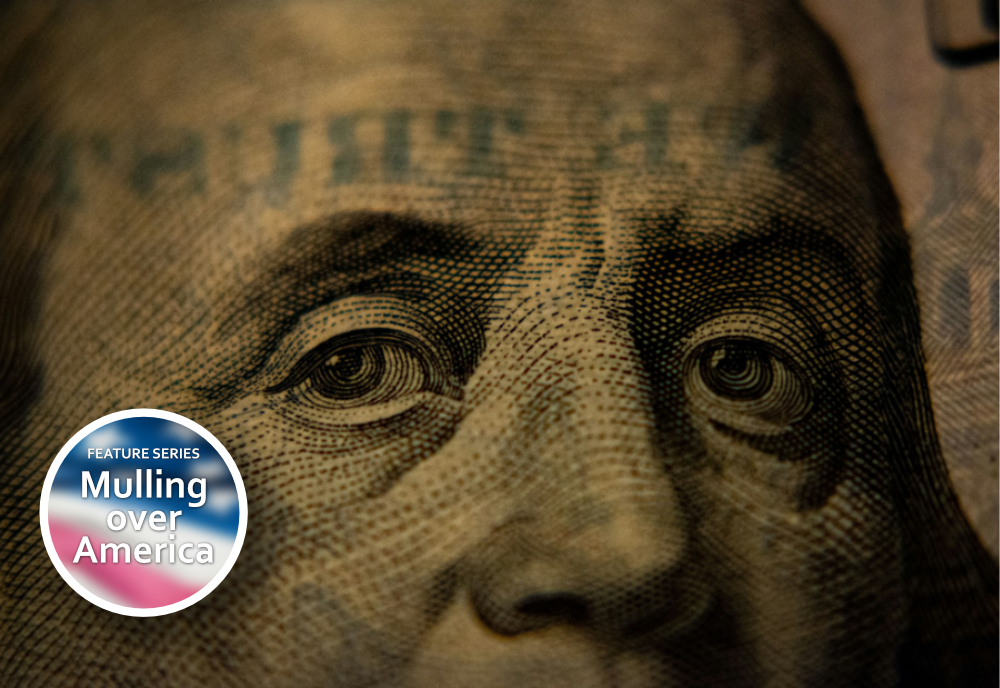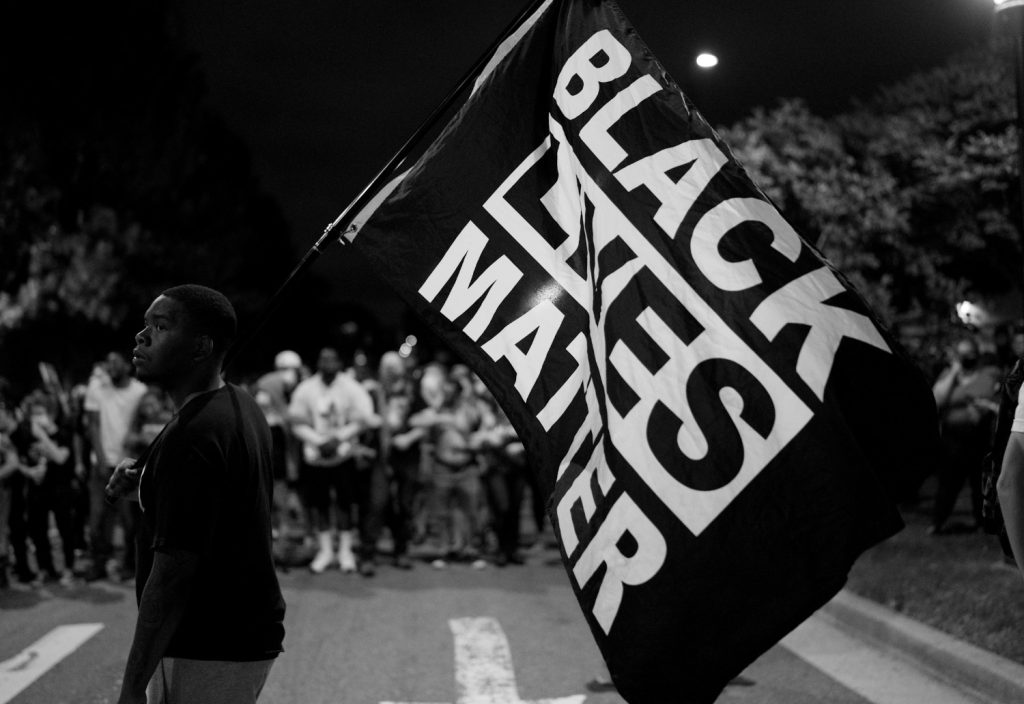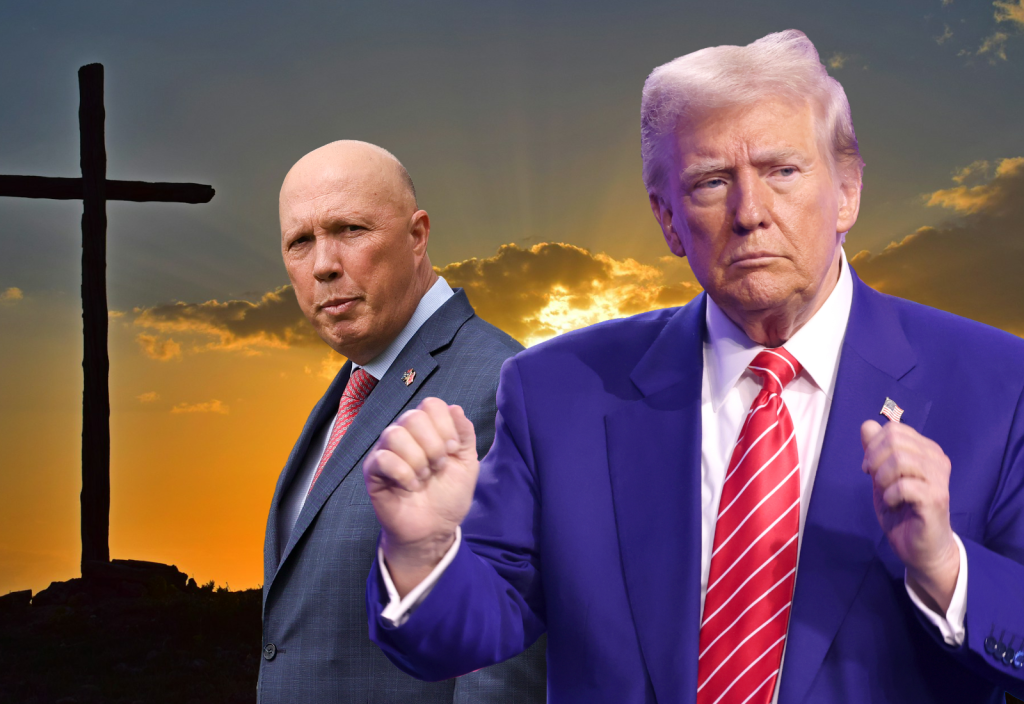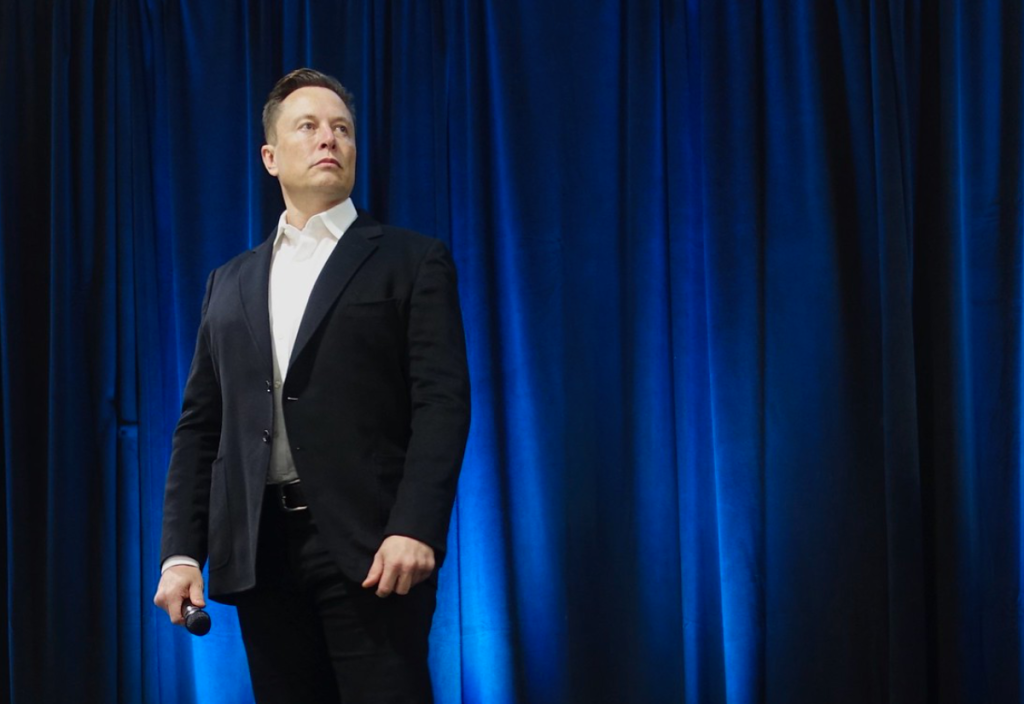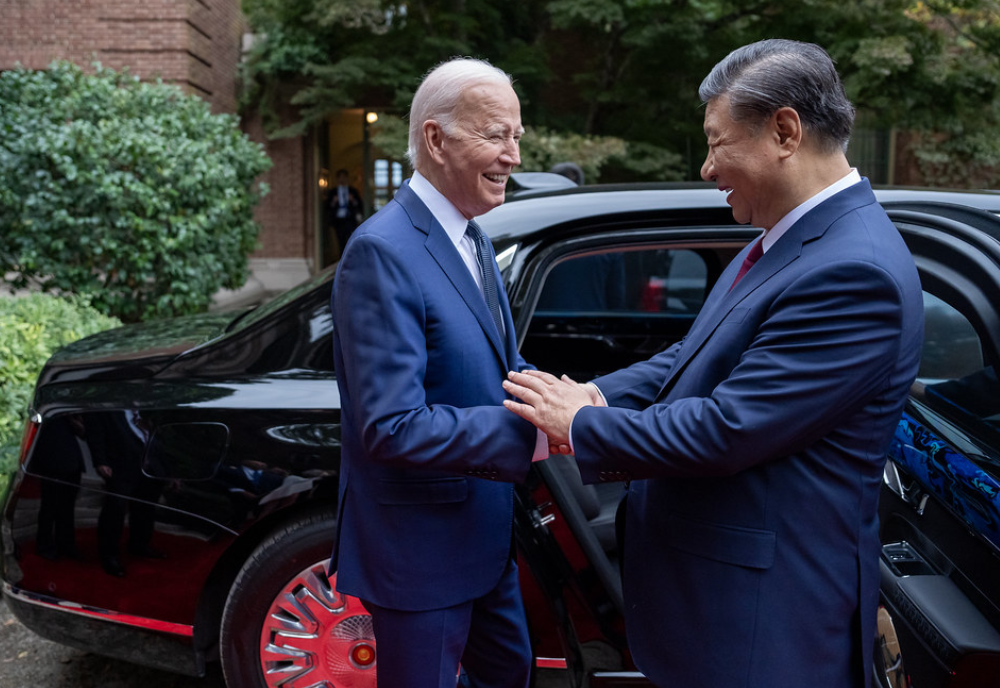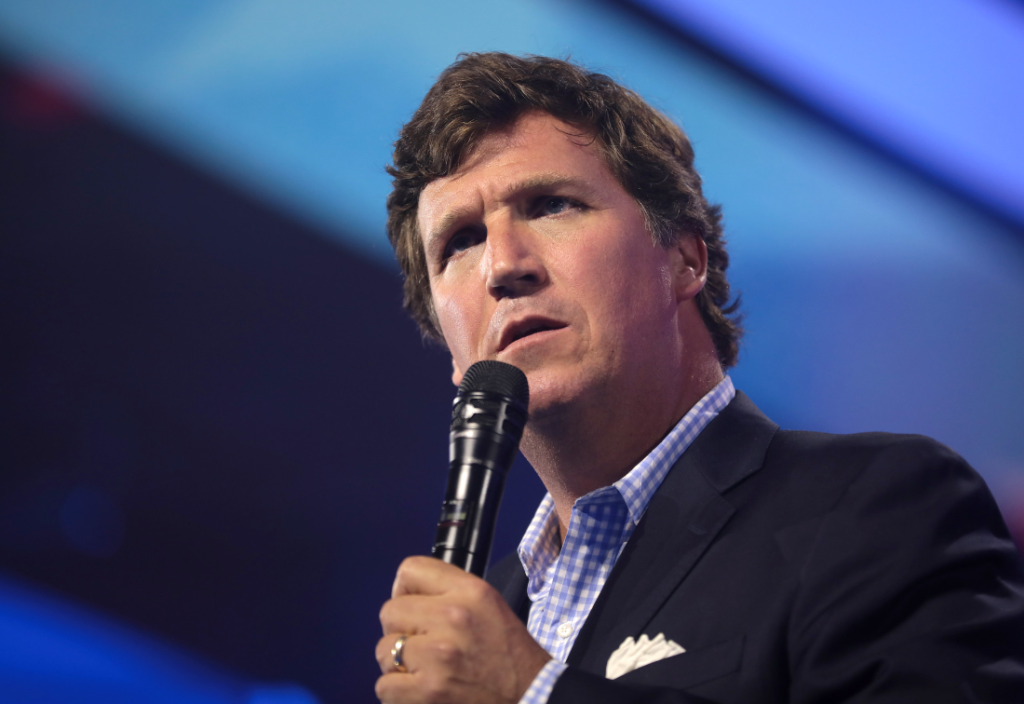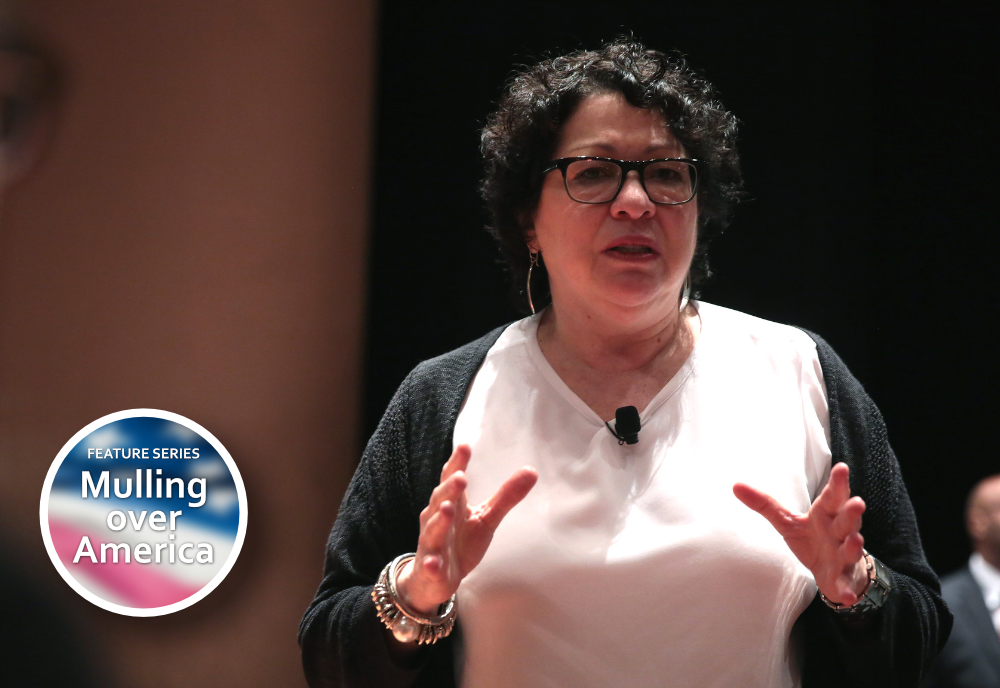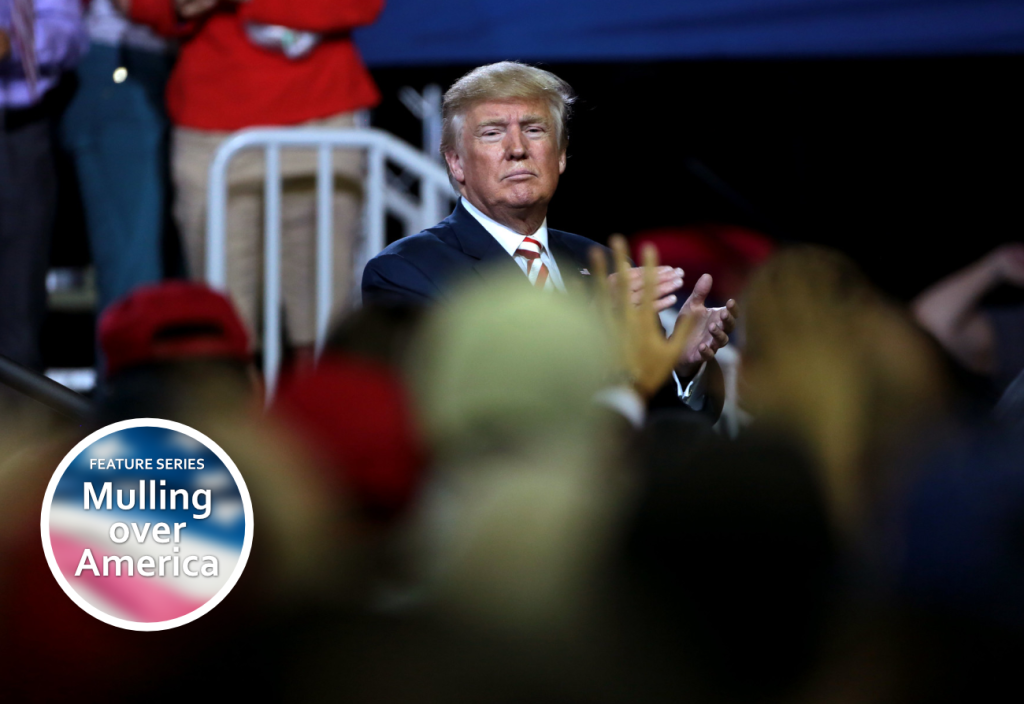This article is part of our ‘Mulling over America’ feature series, with contributors providing Rationalist perspectives on what is happening in the United States. If you would like to contribute to the feature series with an article or respond with a Letter to the Editor, find out how to here.
When historians look back at the 2020s, they will most likely see it as the pivot moment when the world economy ceased to be dominated by the West and instead became a multipolar structure in which many countries compete, and cooperate, on a relatively equal footing.
The so-called ‘unipolar moment’, which began when the Soviet Union fell in 1991, is coming to an end.
The turning point was the West’s ill-fated attempt to bankrupt Russia. When Russia invaded the Ukraine in 2022, Western governments mounted an aggressive financial and economic war strategy. They implemented sanctions against Russian exports, a conventional approach that has not worked effectively for decades. It, predictably, failed completely.
Western governments froze about two-thirds of the Russian central bank’s foreign exchange reserves and are now threatening to confiscate $US300 billion, although the final decision has not been made. If they do go ahead, it will be an unlawful theft and will discourage non-Western nations to put their foreign exchange reserves in US or European jurisdictions.
The biggest play – and most ill-conceived – was to banish the Russian ruble from SWIFT, the system used for foreign exchange transactions.
The latter option had not been used before and there was widespread confidence that it would bring Russia to its knees, forcing a withdrawal from Ukraine, the removal of Russian president Vladimir Putin and the breaking up of Russia into smaller countries that the West could exploit for its abundant resources.
The use of the financial system as a weapon of war backfired spectacularly. Russia, somewhat to its own surprise – Putin admitted that there were grave fears inside his administration the tactic would succeed – turned out to be well prepared and largely invulnerable. After years of sanctions, the Russian economy was close to self-sufficient and markets were easily found for its oil and gas, especially as about two-thirds of the world’s countries did not go along with the sanctions anyway.
Russia’s response to the SWIFT ban also shocked the Western countries, who apparently were caught by surprise when Russia said it would only sell its oil and gas in rubles, given that it was no longer able to sell in US dollars or Euros.
It is a mystery as to why this came as a shock. What other option did Russia have? Yet the French president Emmanuel Macron actually described the move as “blackmail”.
The so-called ‘unipolar moment’, which began when the Soviet Union fell in 1991, is coming to an end. The turning point was the West’s ill-fated attempt to bankrupt Russia.
The ruble initially fell sharply but then rebounded, and the Russian economy is also strong after initially slowing. Russia is headed for growth of more than four per cent this year, something most Western countries can only witness with envy.
If the financial attack was intended as a weapon of war, it has been an abysmal failure. It has also unleashed an anti-Western backlash. Russia’s strength signalled, for the first time since the end of World War II, that the US hegemon was no longer supreme. It has led to two tectonic shifts, one economic and the other financial.
There has also been a military shift due to Russia’s clear global leadership in war capacity, and the growing evidence of American military impotence. A common US tactic of threatening war to get its own way economically is less likely to work.
On the economic side, BRICS, the global alliance between Brazil, Russia, India, China and South Africa, is set to be joined by Iran, the United Arab Emirates, Saudi Arabia, Egypt and Ethiopia. Argentina is also likely to join eventually. That group would represent about 36 per cent of global gross national income, which is more than the Group of Seven (G7), which only accounts for 31 per cent. Such an expanded BRICS would account for 46 per cent of the world’s population, whereas the G7 is only about a tenth.
The West, in other words, is no longer the biggest player, although it remains the richest.
On the financial front, the BRICS countries have accelerated their push to develop an alternative to SWIFT. There have been suggestions that a BRICS currency would be developed, but that is both unlikely and unnecessary. More probable is that a different payment system will be developed, in which nations use their own currencies to transact. That will enable non-Western countries to avoid the US dollar and the Euro, which dominate SWIFT.
It will also allow them to avoid the absurd casino that SWIFT has degenerated into, which can play havoc with currency levels. Less than two per cent of turnover in SWIFT is trade in goods and services; the rest is high-tech gambling called derivatives. The emerging alternative BRICS system will be entirely for trade in goods and services.
America’s financial and economic empire is fading and the world will become at once more complex and less vulnerable to US dictates. When the analyst Charles Krauthammer coined the phrase America’s “unipolar moment”, the second word, which suggested it would only be transient, got little attention. The end of that “moment” is now in sight.
In the 1990s, political scientist Francis Fukuyama, in his book The End of History and the Last Man, argued that liberal democracy would become the final form of government for all nations. His view was widely accepted; it was assumed that a market-based economy, combined with democracy and Western-style institutions, would dominate the globe.
It was always a questionable claim. History has not come to an end, and never will while the human race exists. Instead, we are moving into a world more like the one described by the academic Samuel Huntington, who wrote in The Clash of Civilisations and the Remaking of World Order that the primary conflicts would be defined by culture and religions. He identified nine such civilisations – Western, Eastern Orthodox, Islamic, Buddhist, Hindu, African, Latin American, Chinese (Sinic) and Japanese.
It is unlikely that the emerging world order will be any less fractious than the previous one. It may even lead to more tensions. But it will be very different to what has existed for the last seven decades, and will force nations such as Australia to look closely at how best to protect their national interest – in particular, how to become self-sufficient, as Russia has. Simply siding with other Western nations, especially the US, is no longer the comfortable option.
Published 15 February 2024.
If you wish to republish this original article, please attribute to Rationale. Click here to find out more about republishing under Creative Commons.
Photo by Adam Nir on Unsplash.

